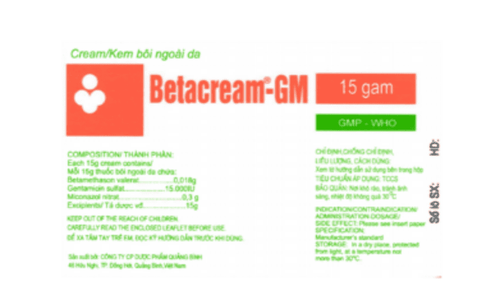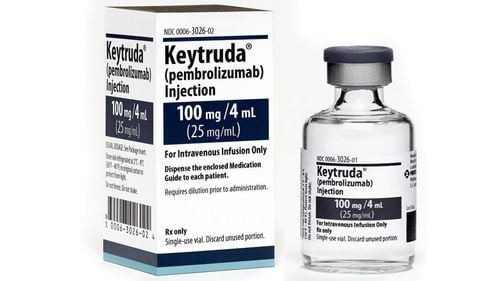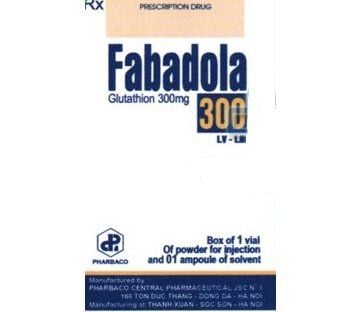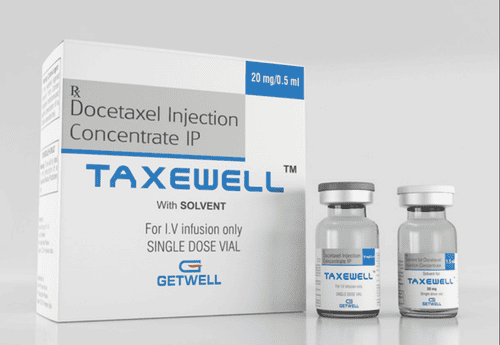This is an automatically translated article.
Belimumab is used to treat lupus erythematosus. When using the drug can cause some side effects to be aware of. Here are a few shared information about Belimumab for your reference when prescribed and guided by your doctor.
1. Uses of Belimumab
Belimumab is used in the treatment of patients with systemic lupus erythematosus syndrome. When using this drug, the body receives monoclonal antibodies that form a defense mechanism by stabilizing the gene sequence. This is also the first biological method discovered and put into use.
Heavy chains and light chains carry amino acids to help the body metabolize nutrients. As a result, disease activity can be reduced to a minimum. When the test confirms that you are positive for systemic lupus erythematosus, your doctor will consider prescribing a prescription for use and treatment until the disease is cured.
The dose of the drug used is calculated based on the rate of 10mg/kg. With this dose rate, 58% of the participating patients achieved the effect of over 40%. For patients taking placebo, the success rate was only 46% lower. The trial continues to be conducted in cases of severe lupus erythematosus or central nervous system damage to get more new findings. At the same time, if the expected effect is not achieved, doctors will consider a new solution to handle it.
2. Dosage and instructions for use of Belimumab
Belimumab is used as prescribed by a doctor and is an injectable drug. When taking the drug, the doctor will directly check and consider the appropriate dose. However, you need to proactively ask your doctor first about the foods when injecting the drug so that you can prevent it first.
3. Notes when using Belimumab
Belimumab has been used in clinical trials to treat lupus erythematosus. However, if the patient has severe symptoms accompanied by problems with damage to the brain or kidneys, it cannot be used, because the drug can be dangerous to the damaged organ.
Not all cases of lupus erythematosus using Belimumab are effective. The recorded results have reported that there are deaths after treatment with Belimumab. After the incidents with the patients, the researchers raised the issue of the limitation of the drug Belimumab in treatment. However, this is the limited corticosteroid treatment of choice.
Belimumab in clinical trials in patients with rheumatoid arthritis showed poor efficacy. Most patients with rheumatoid arthritis do not get the benefit of the drug. When used in patients with Sjogren's syndrome, there was a slight reaction but not enough effect to treat this syndrome.
4. Side effects occur when using the drug Belimumab
Belimumab has dangerous side effects, even leading to death. However, according to statistics, the number of patients taking the drug with serious side effects accounted for only 0.9 %. Others often experience mild side effects that are detected early and can be managed such as:
Diarrhea Nausea Shock due to drug hypersensitivity To limit these side effects, the doctor will consider antihistamine treatment to the patient first. Only after the antihistamine treatment is completed, the patient should use Belimumab. Because Belimumab suppresses the immune system, there is a high risk of infection and death. This is also an ominous thing that scientists need to find a suitable solution for. Several comparisons between patients taking the drug and a placebo have also highlighted this danger.
5. Interaction with the drug Belimumab
Some drugs can cause interactions with the drug Belimumab
Etanercept Abatacept Belatacept Peginterferon alfa-2a Interferon alfa-n1 Interferon alfa-n3 Peginterferon alfa-2b Anakinra Interferon gamma-1b Interferon Alfa-2a Adalimumab Gemtuzumab ozogamicin Pegas Interferon beta Infliximab Interferon beta -1b Interferon alfacon-1 Trastuzumab Rituximab Basiliximab Muromonab Ibritumomab tiuxetan Tositumomab Alemtuzumab Cyclosporine Cyclosporine Efalizumab Antithymocyte immunoglobulin Natalizumab Belimumab drug interactions can lead to serious infections. You should avoid using immunosuppressants, especially those containing T-lymphocytes, together with Belimumab. In addition, live vaccines and cyclophosphamide infusion should also be avoided with Belimumab.
Above are some symptoms of Belimumab for your reference. You can learn more about the drug from your doctor or pharmacist. However, only use the drug when indicated to avoid dangerous side effects.
Please dial HOTLINE for more information or register for an appointment HERE. Download MyVinmec app to make appointments faster and to manage your bookings easily.













